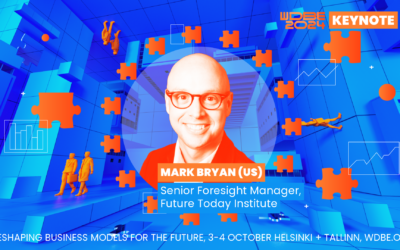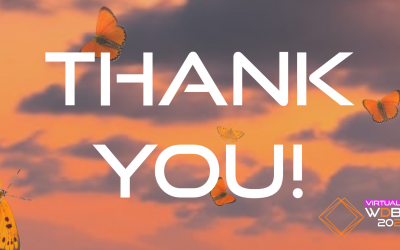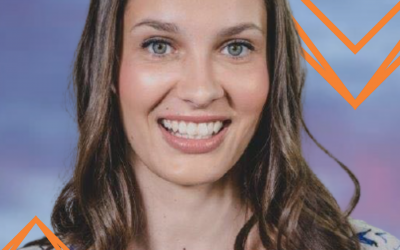VIRTUAL WDBE 2020 COMMUNITY SESSIONS - JOIN US IN REDEFINING SUSTAINABILITY FOR OUR URBAN FUTURE.
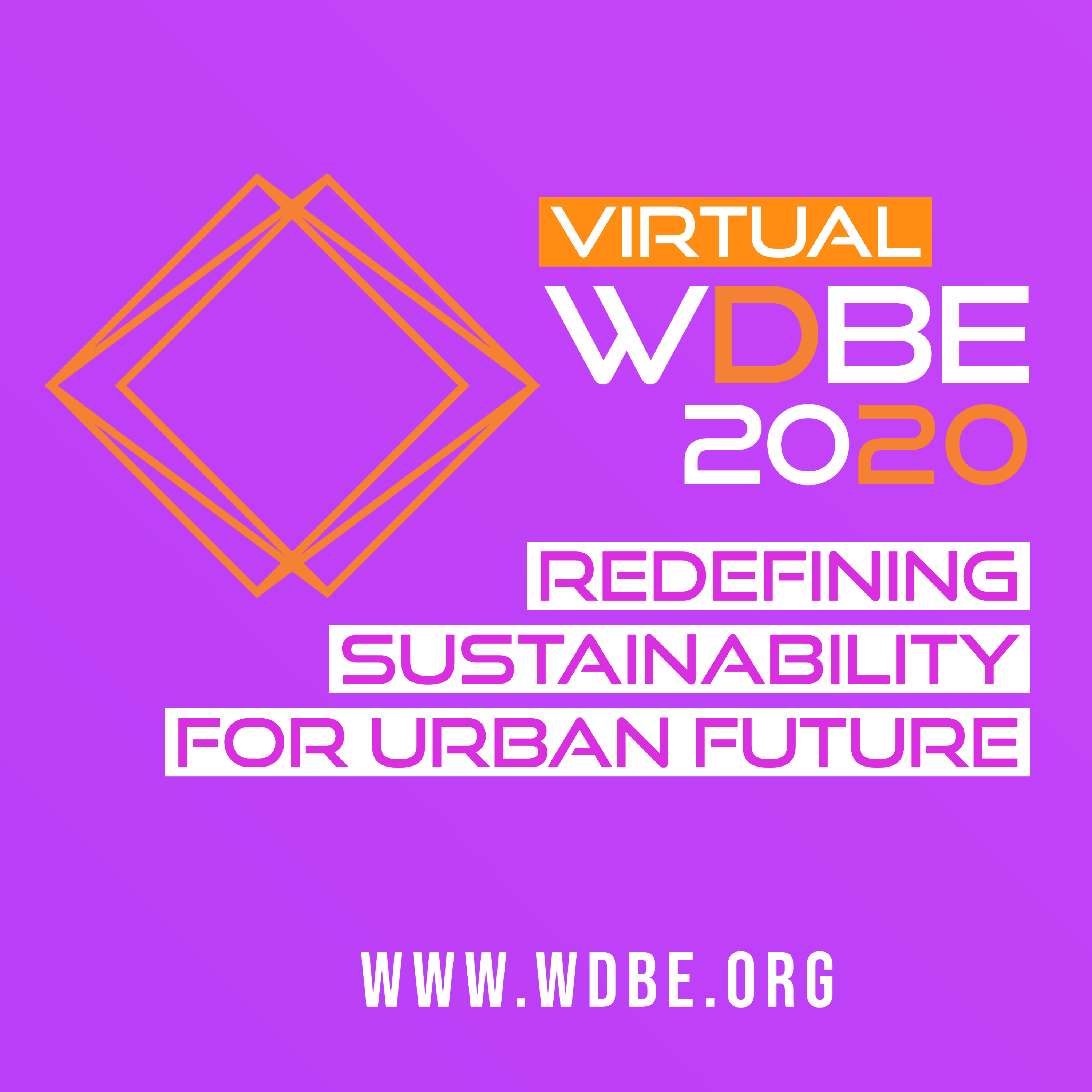
Based on submissions received from our global ecosystem of future builders we are happy to release this year’s preliminary community sessions. 4 themes with 8 sessions and 50 presentations in two days building our shared illusion. Buy a ticket to our virtual summit and be a part of this story.
DAY 1 – 29th September
THEME 1: Redefining sustainable architecture and digital interaction – Sessions 1 & 2, Virtual Helsinki Illusion
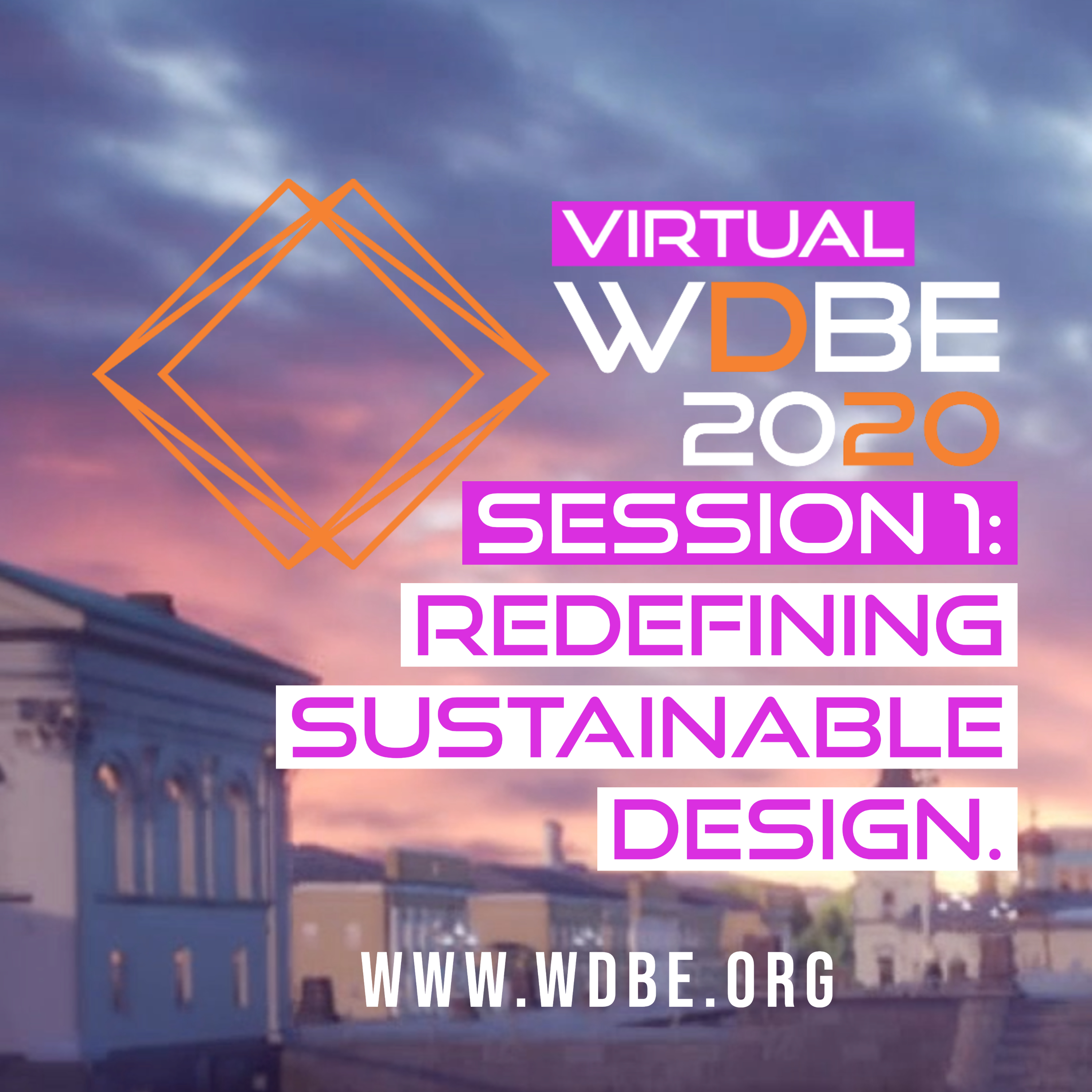
SESSION 1
Future buildings – Green & Smart? Mika Kovanen, Ramboll Finland
Virtual Energy Urban Community as an enabler of clean energy urban transformation Francesco Freda, VTT
mySMARTLife – Open Energy Data Ecosystem as a Driver for Carbon Neutrality Maria Viitanen, City of Helsinki
Sustainable Design: From Bioclimatic to Regenerative Digital Design Arlind Dervishaj, BIM A+
Managing environmental data and BREEAM requirements in BIM Øystein Iversen, Cobuilder
Lean2Cradle® Material Passport – Digitizing Buildings to activate their circular value Gemma Canals & Jose Ignacio Cubina Reyes, Eco Intelligent Growth
Utilizing the LCA calculations using BIM Ahmed Hussein, Metropolia University
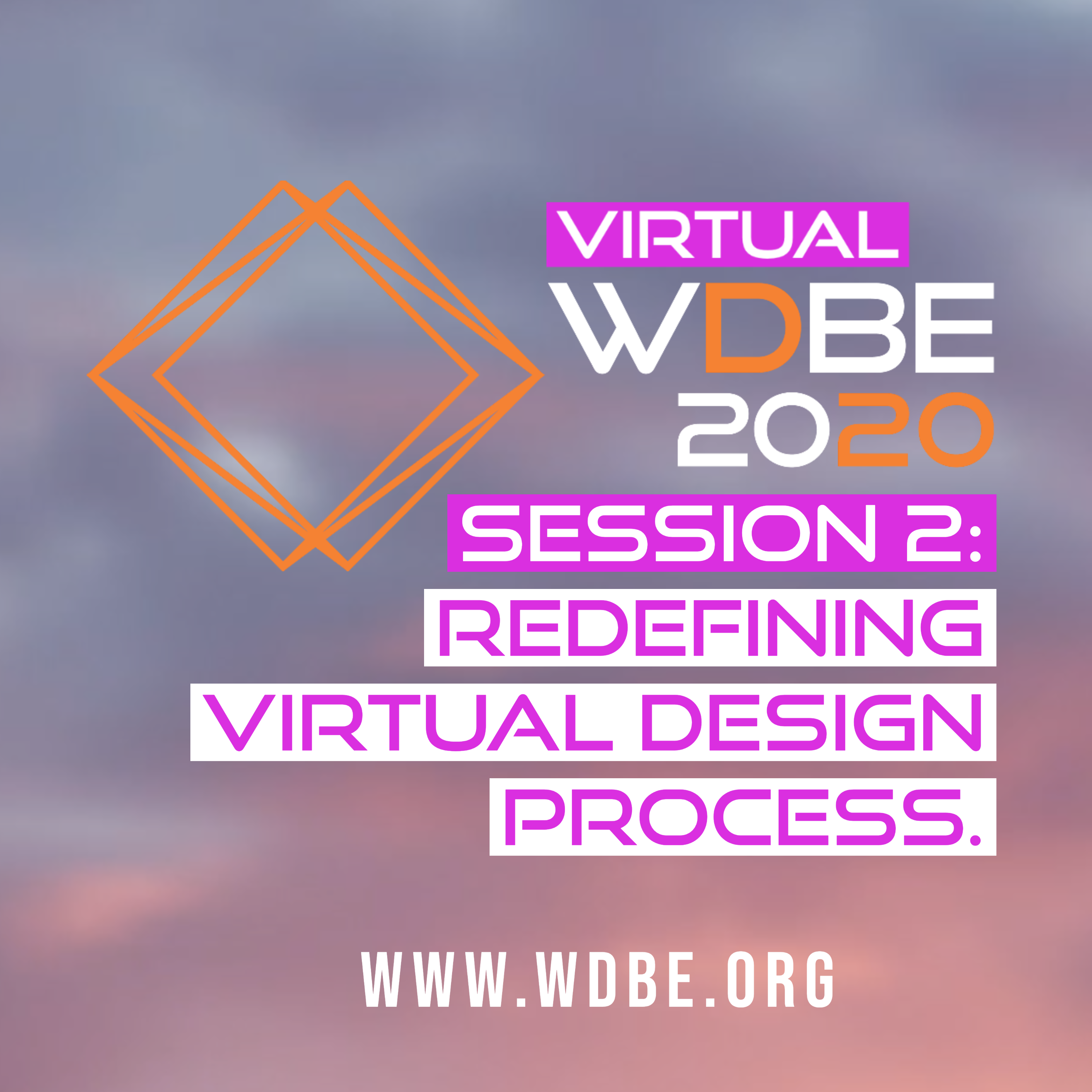
SESSION 2
Proof of Concept for a BIM based permit checking environment in Estonia Rick Klooster, Future Insight
Integrated 3D digital city publisher & data collector for companies & municipalities Petri Kokko, Sova3D
BIM for massive wood, straw bale, and clay Conor Shaw, Shaw Architectural Solutions
Co-creating and collaborating with partners to increase the efficiency and transparency Mika Kupila, HEAL/ Trä Digital
Automated design project manager Kermo Mägi, 3D WEB
Rethinking structural engineering process Petteri Karjalainen, A-Insinöörit
Case Hospital Nova: How BIM and VR are critical in healthcare projects Alexander Le Bell, Tridify Limited
THEME2: Redefining sustainable quality of life – Sessions 3 & 4, Virtual Helsinki Illusion
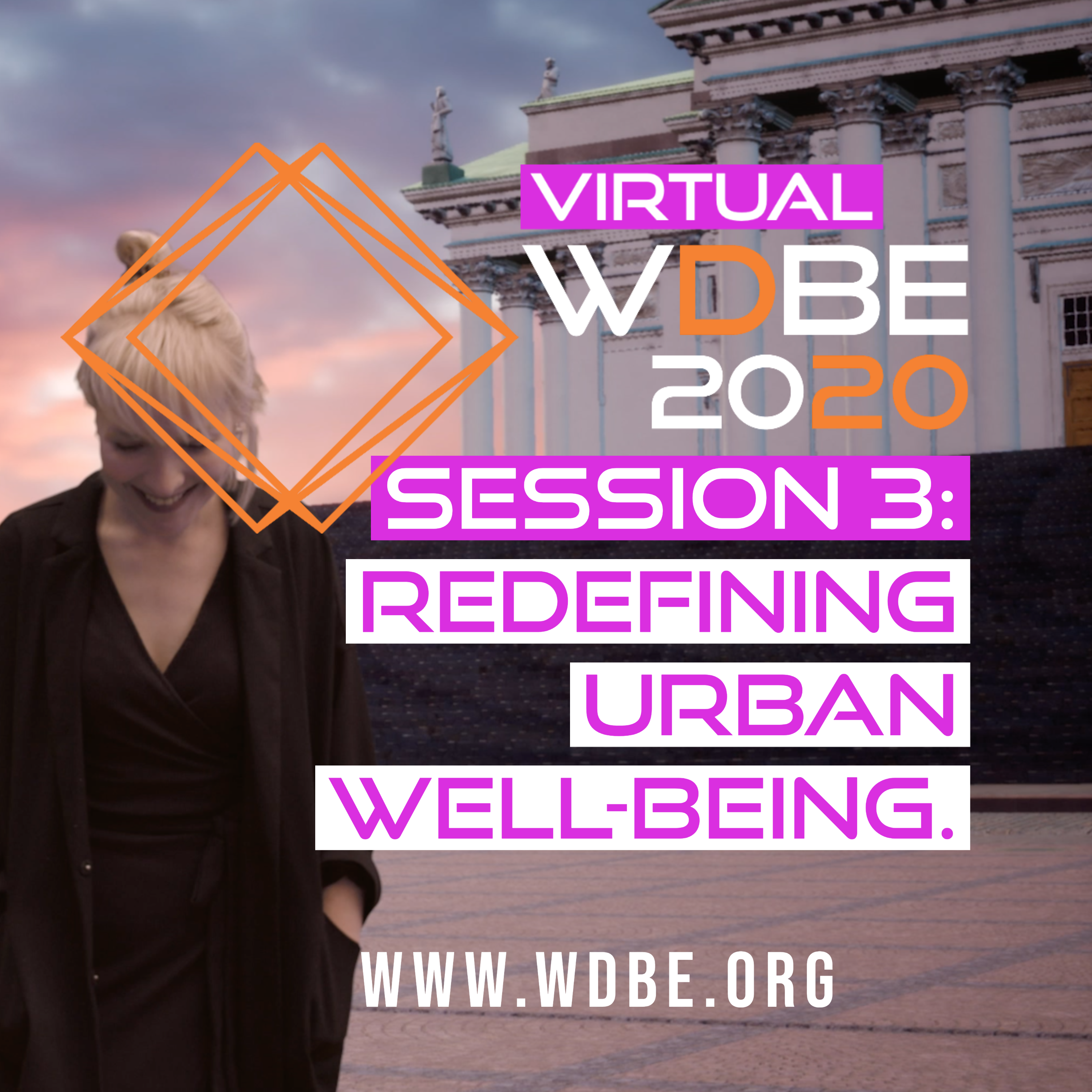
SESSION 3
Principles of a sustainable city: platform + transparent + data-driven Natalia Rincón, CHAOS
Smart Communicative City Planning: Towards People-Centered Built Environment with Digital Methods Pilvi Nummi, Aalto University
Redefining the citizen engagement as an ecosystem of data linked to locations Maarit Kahila, Maptionnaire
How to achieve inclusive sustainability, case Espoo Elina Wanne, City of Espoo
Virtual co-creation platform for urban planning Petri Kangassalo, Aalto University
Future of Work Tom Lindholm, YIT
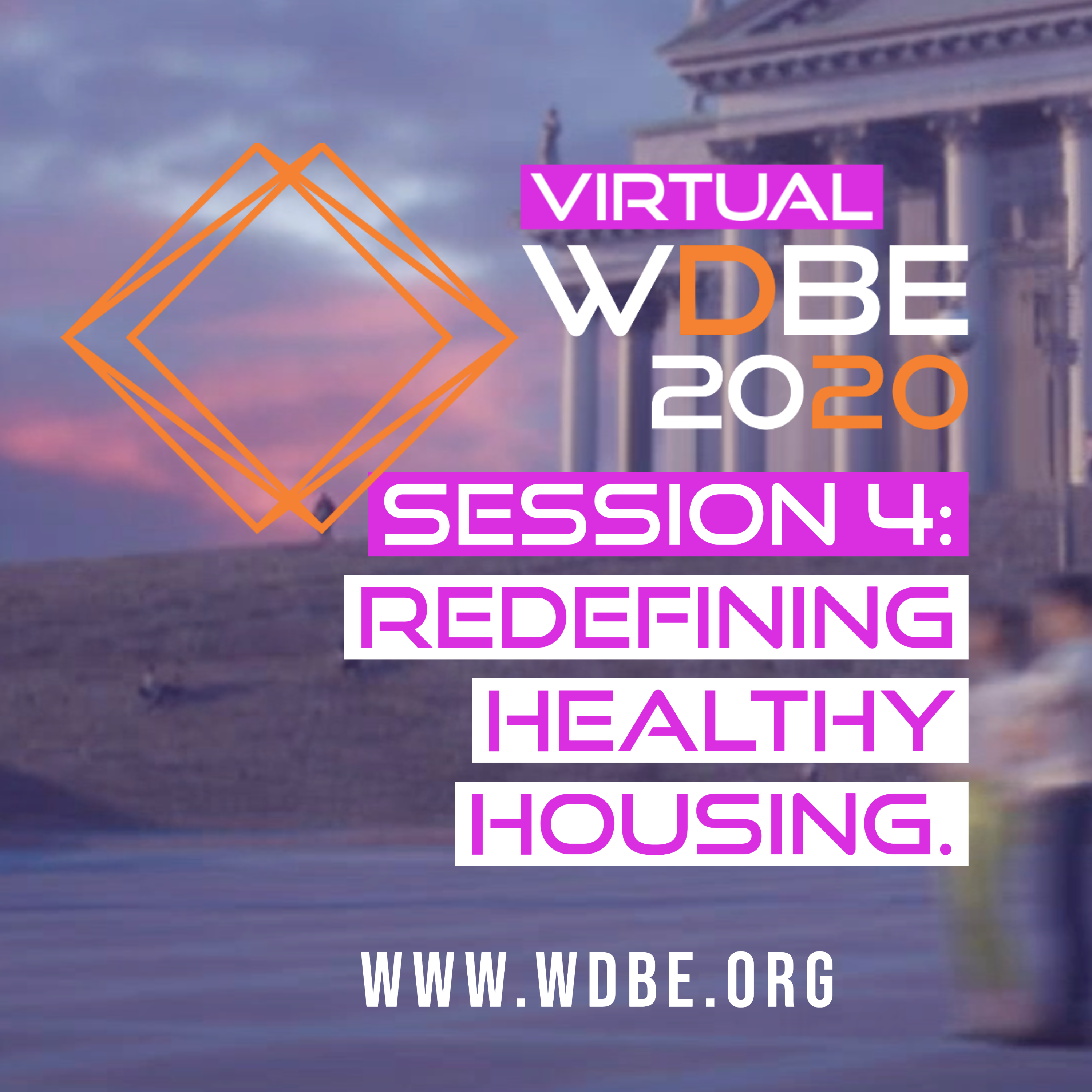
SESSION 4
How does the megatrend of individualism effect the behavior of real estate customers Harri Majala, GBuilder
Spaces configurator to facilitate environmental and health requirements Berit Virtanen-Thewlis, Trä Digital
Digital analysis of residential architectural qualities Kaj Granath, Chalmers University of Technology
Climate wise housing cooperatives Visa Kivisaari, Green Building Council Finland
Prefabricated modular insulation elements for the deep energy renovation of existing building stock Targo Kalamees, Tallinn University of Technology
How Artificial Intelligence can save energy and increase indoor comfort at the same time Imre-Gustav Vellamaa, R8tech
DAY 2 – 30th September
THEME3: Redefining sustainable role of technology – Sessions 5 & 6, Virtual Tallinn Illusion
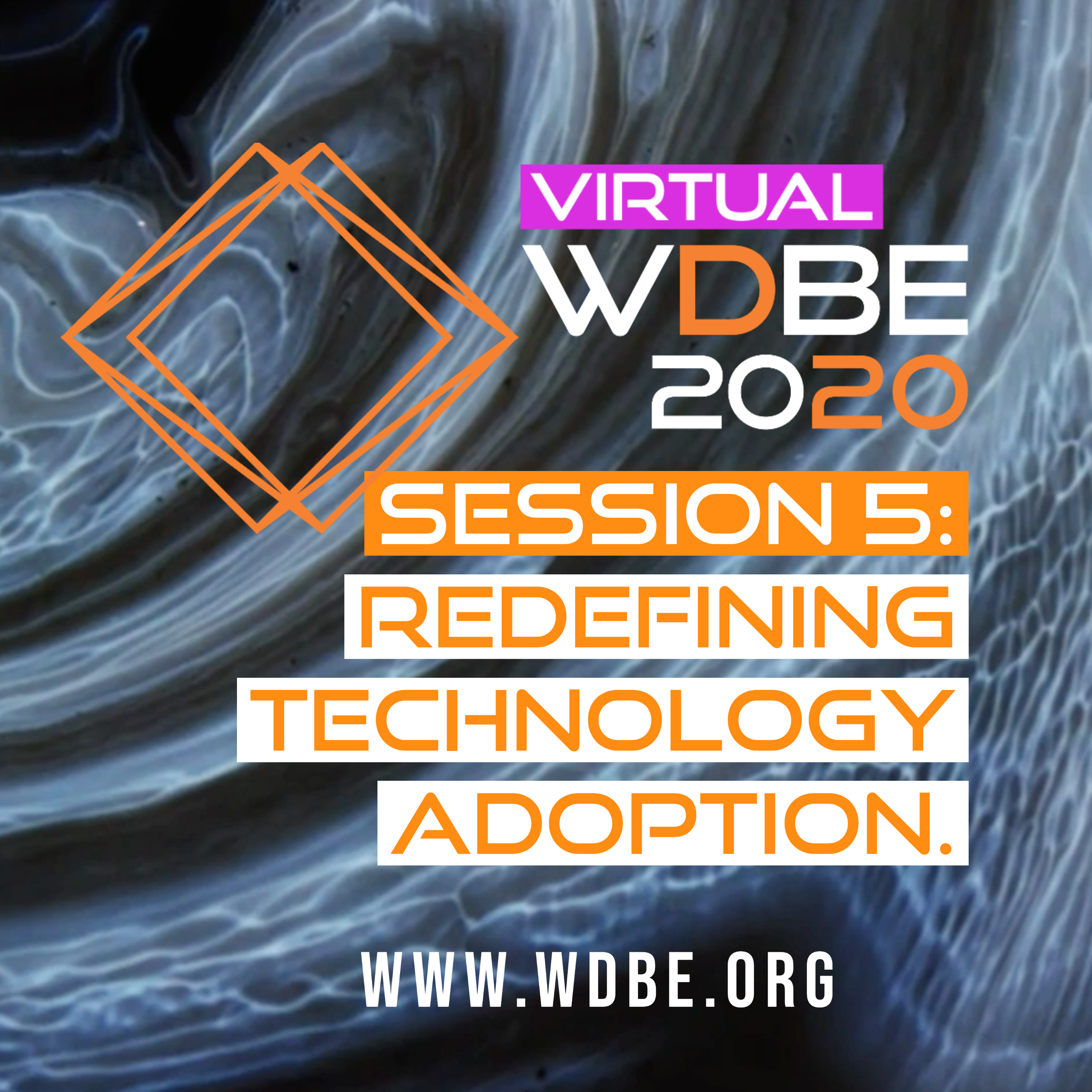
SESSION 5
Blockchain in real estate and construction Alireza Khalafi, Swiss Association of Crypto Investors
AI transformation in engineering – building the right competencies after COVID-19 crisis Janne Liuttu, Ramboll
Co-creation of Digital roadmap – step by step from vision to practice Suvi Nenonen, University Properties of Finland Ltd
Dynamic systems view on built environments and their digitalisation across the globe Pekka Huovinen, Business Management PJH
BIM-Futures – Capacity-building professional development Mark Kelly, Galway-Mayo Institute of Technology
How Datahub enabled COVID-19 impact follow-up on construction sites Heikki Sulonen, YIT
Reasons that slow down Nordic proptech growth Risto Kankaanpää, Pontos
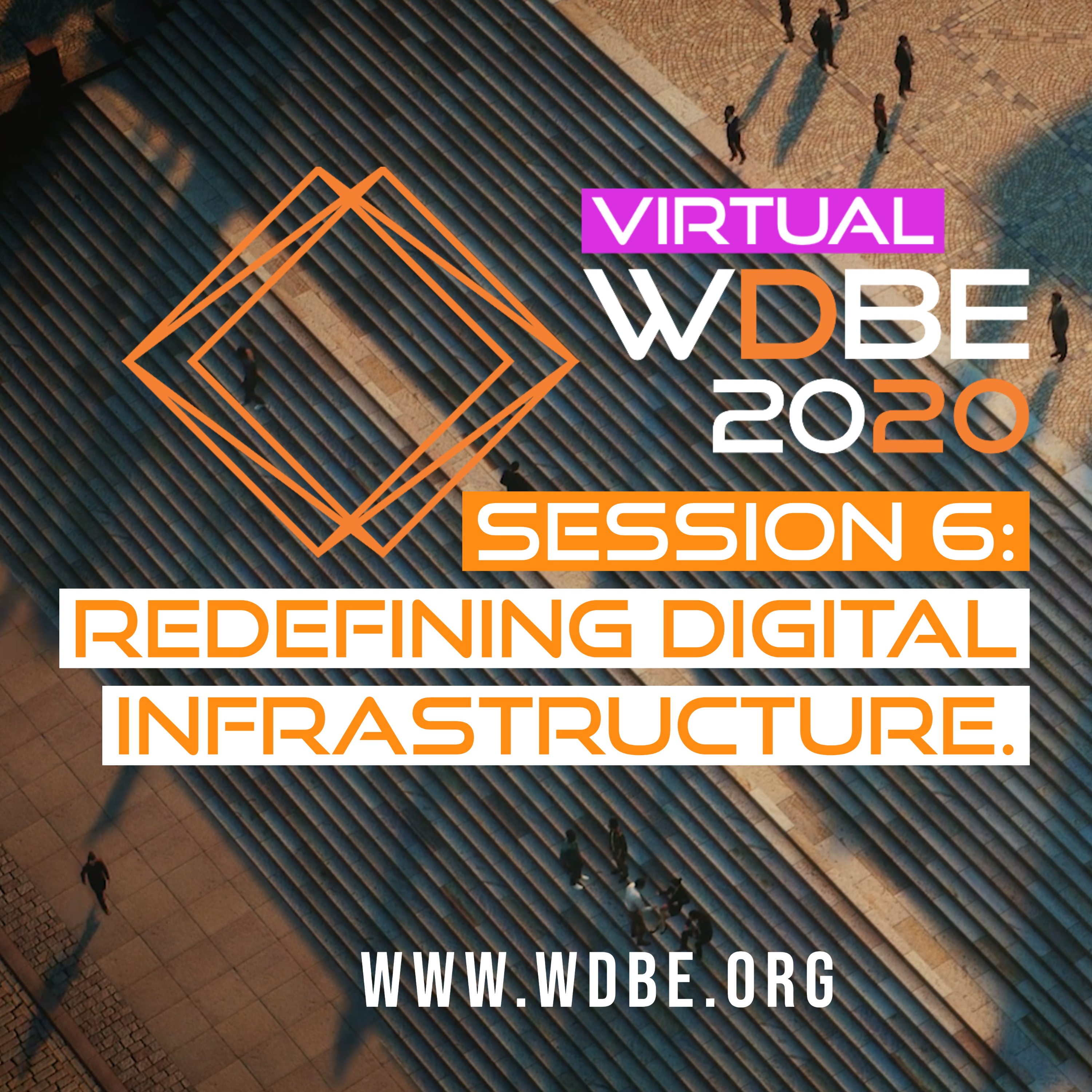
SESSION 6
Automation of city asset management process with computer vision technology Markus Melander, Vaisala
Bottlenecks of creating digital infrastructure in Finland Maiju Örmä & Kaisu Laitinen, Tampere University
How should we structure information so we can reuse it tomorrow and in 50 years from now Göran Samuelsson, Swedish Transport Agency and Mid Sweden University
Creating a national framework for easier information exchange in road construction projects Erling Onstein, NTNU
Benefits of digital twinning in creating a user-centric and sustainable built environment Jarkko Männistö, Sitowise
The basis of digital governance architecture Marten Kaevats, estGOV
THEME 4: Redefining sustainable construction and lifecycle – Sessions 7 & 8, Virtual Tallinn Illusion
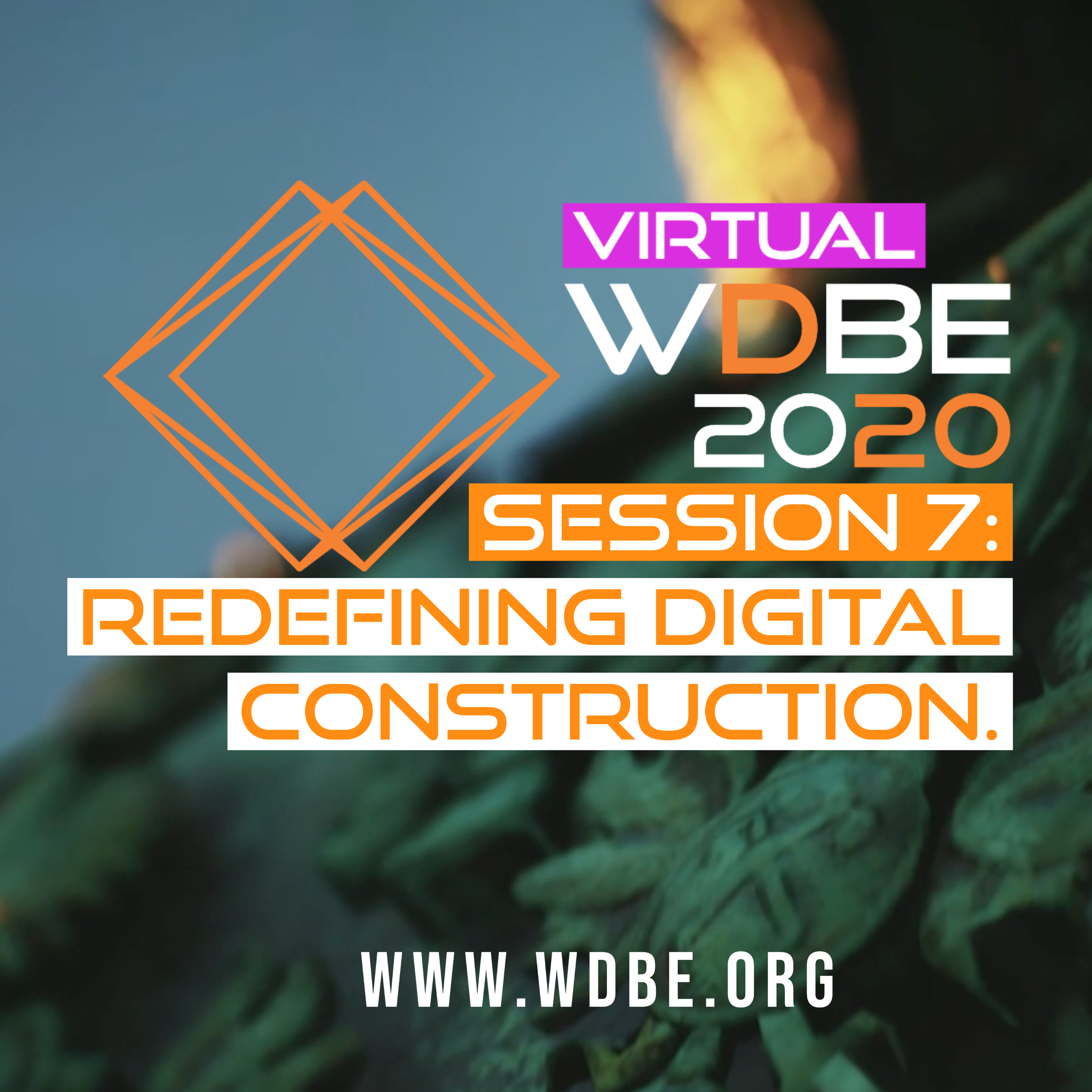
SESSION 7
Cost-efficient documentation of buildings and technical installations with photogrammetry Adrian Merkel, FRAMENCE GmbH
Synchronizing construction activities with TAKT platform Marco Binninger & Janosch Dlouhy, TAKT.ing
Experience and challenges of digital development from general contractor’s perspective Miina Karafin, Nordecon AS
Using digital sticky notes for communicating from office to field Heikki Halttula,Topcon Technology Finland
Superior communication is a key factor in order to improve construction project performance Otto Laurila, Homerunbynet
Virtual timber construction factory Raiko Gustavson, Estonian Woodhouse Association
Concrete 3D Printing: Accelerating the transition to Sustainable and Automated Construction Fernando De los Rios, Hyperion Robotics
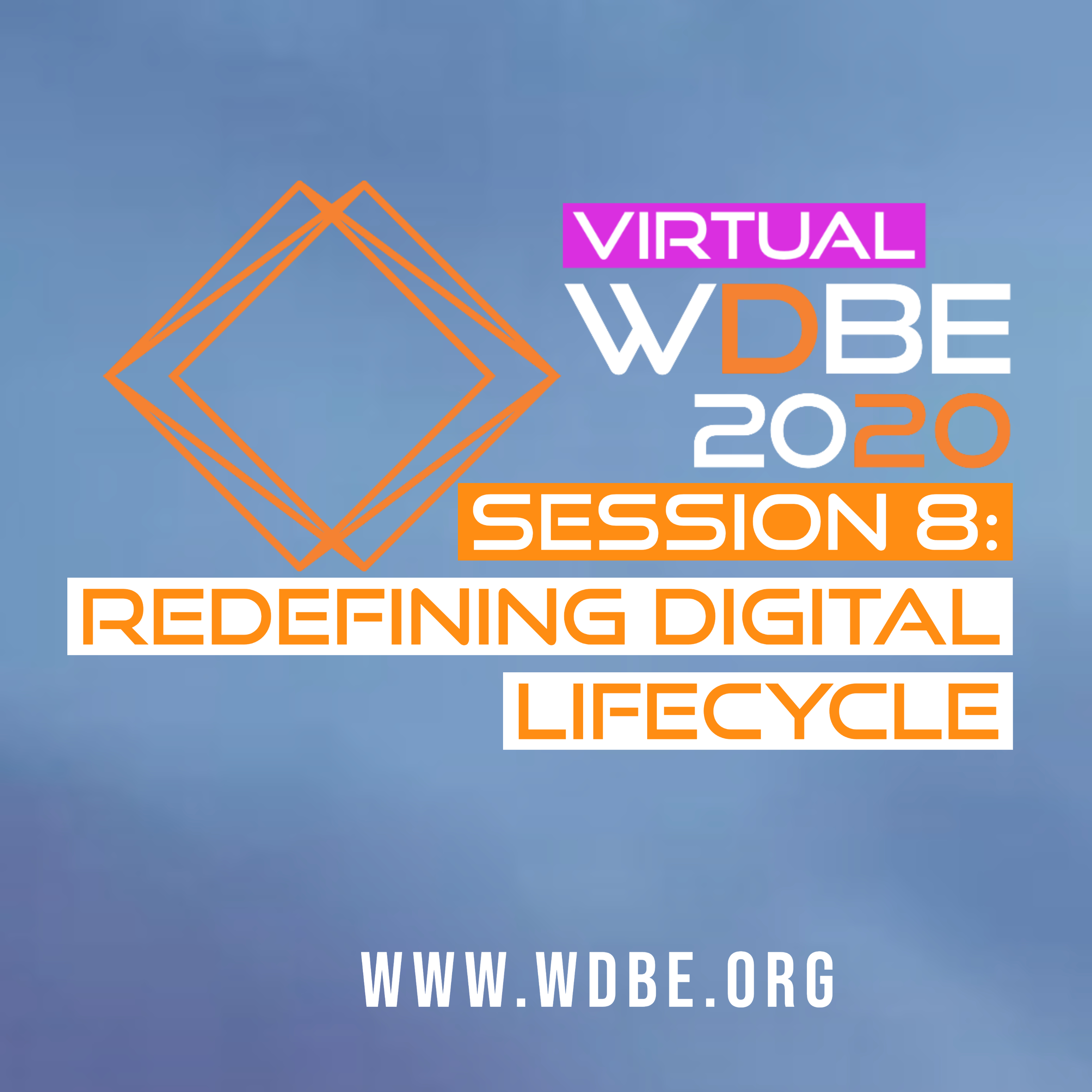
SESSION 8
Smart Maintenance of University Campus Facilities – Case Tampere University Suvi Nenonen, University Properties of Finland
Key elements in building trust in data ecosystems Vesa Ilmarinen, Platform of Trust
Augmented Reality for Facilities Management Francisco Forns-Samso & Mao Lin, Granlund
Social extended reality for construction and FM business Henri Pirkkalainen, Tampere University
Utilizing 3D city model to predict the heat demand of buildings Enni Airaksinen, City of Helsinki, Helsinki3D+
Sensorized ETICS for LCA performance assessment Angelo Ciribini, University of Brescia
KEKO Innovation Ecosystem, first results and focus areas Mikko Kuusakoski, YIT
WDBE2020 Updates
Digital Transformation of the Built Environment Sets New Requirements: Future Today Institute Expert Sheds Light on Future Prospects at WDBE2024 Summit
Mark Bryan, Senior Foresight Manager at the Future Today Institute, which focuses on strategic foresight, has been confirmed as a speaker for the World of Digital Built Environment (WDBE) 2024 Summit.
A message from Teemu Lehtinen on behalf of the WDBE2020 organising team
I want to thank all the amazing 522 attendees for joining us in this years’ virtual summit. I also want to thank all of our dear partners, keynote speakers and the community behind the magnificent presentations we were able to witness during our 2-day Summit.
Data guides sustainability decisions at YIT
Data and sustainability are both mega trends in the built environment discourse. Consequently, they have both been important development themes at YIT.

